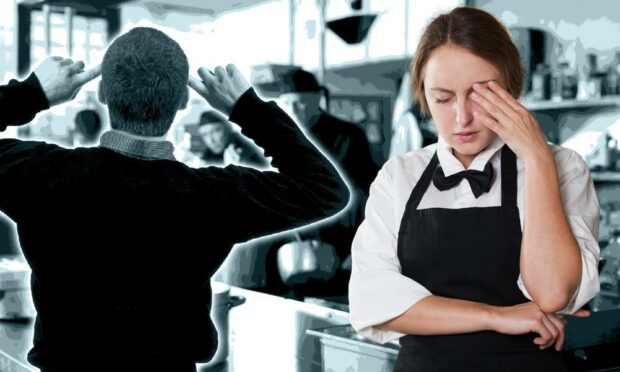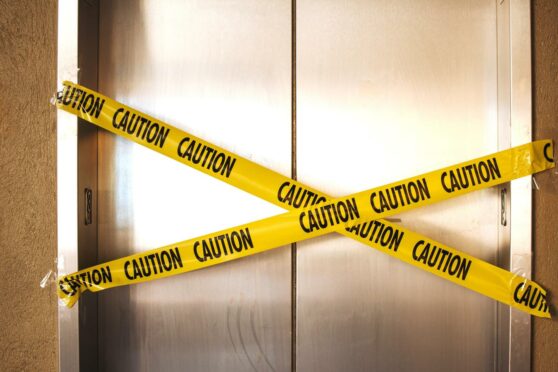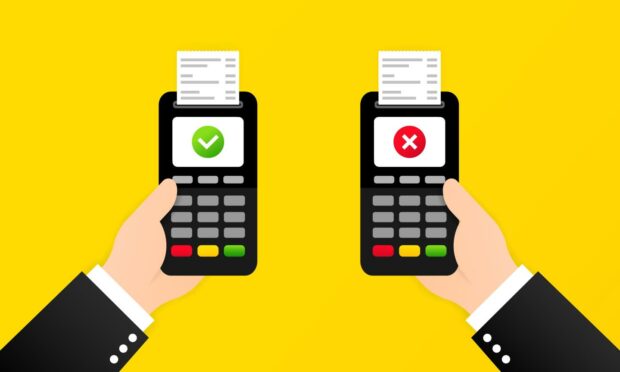In all the time I have been dining out, I don’t think I have ever heard a manager speak so disgustingly of their staff to customers as I did during a recent outing.
While there have been times I have felt the stress of employees in a busy restaurant dining room, or while dealing with big cafe queues, this shaming was unlike anything I’ve witnessed before.
So, what happened?
The manager of the restaurant I was eating in openly talked badly about one of their members of staff to a table of customers next to mine, calling her names, doubting her abilities and describing her as “a young pup”. The manager went on to claim their employee was “still asleep” – it was around 2pm.
This individual had made one mistake – not putting a soup spoon down – and was then humiliated, behind their back, by their superior.
The silence from the table in question was deafening, and a hot rage spilled over me as I looked on. I was furious. And I wasn’t alone; the faces of my fellow diners were a picture.
In what world is this professional behaviour? And are we or are we not trying to entice more youngsters into the hospitality industry, rather than create an environment that no one wants to work in?
Mistakes do happen – managers must be supportive
Hospitality is in crisis, with venues up and down the country struggling to get staff, struggling to get diners in and struggling to even stay open. And this is how some management treat their staff.
In some ways, the fact that this employee was not there to receive her dressing down in front of the table she was serving was a saving grace. But, seeing her return to the scene of the crime, blissfully unaware of what had just happened, was quite horrible to endure.
I hope these experiences are few and far between. I am a manager and my team members are everything to me – I’d do anything to help and defend them.
Having worked in hospitality I know that mistakes do happen from time to time – we’re all human after all – but there is always a way to rectify them.
I’ve spilled pints over guests, dropped cutlery, forgotten an extra portion of chips from an order, and I’ve also broken a lift when delivering room service. Luckily, I wasn’t the employee who spilled red wine all down a bride’s dress on her wedding day.
But what I had in my role as a waitress and bartender that this team don’t seem to have were supportive managers who would stand by my decisions and stick up for me when something had happened.
Sometimes that meant supporting me when I’d denied a drunk person their next drink and was having abuse hurled at me, being branded every name under the sun. On other occasions, it meant ensuring a security guard walked me to my car after a customer was banned and removed from the premises for saying he was “going to rape me” when I left work later that night.
My managers would support me in the choices I made at work and would never have embarrassed me, or put guests in that position either.
This isn’t ‘banter’
I don’t know if the way that manager acted is what “banter” is supposed to look like in the hospitality world but, as a diner, I don’t want to see a person treated that way. And I know it isn’t how my friends and acquaintances who work in the industry behave.
What makes matters worse, in my opinion, is that I overheard various conversations between this manager and the young staff member.
She had let the manager know that she wasn’t feeling well and had asked to go home when we first arrived. She was told no. Given the current pandemic situation, that the venue wasn’t busy and that there was plenty staff working, I was baffled.
Throughout our meal, we had to endure listening to the manager talk down to and tease the staff which, naturally, didn’t seem to motivate anyone.
Yes, young people are more resilient and don’t have as much experience, but they need to be treated with the same respect as anyone else in the company. How is it appropriate to shame a young team member in front of customers? And what should we, as diners, do in circumstances like this?
The biggest laugh – or insult – of all was that the staff member, who remained oblivious to the ridicule, apologised on the manager’s behalf after they made a mistake with our bill. If that isn’t ironic, I don’t know what is.
When you lead a team, you must lead with your heart and with passion. If you do have to have difficult conversations or talk to someone about their performance, you do so privately and by following company guidance.
You don’t air your dirty laundry in front of a dining room to paying customers.




